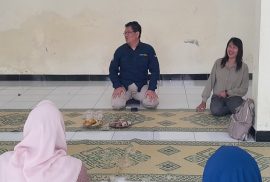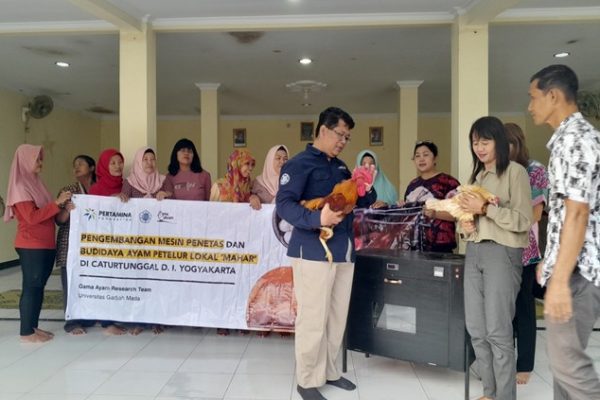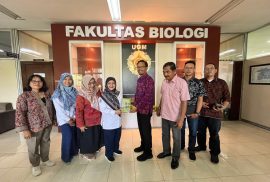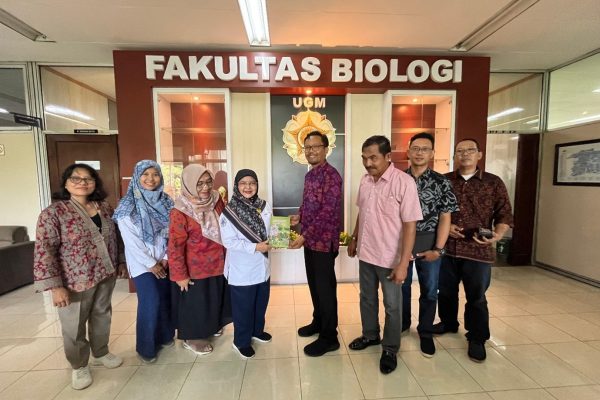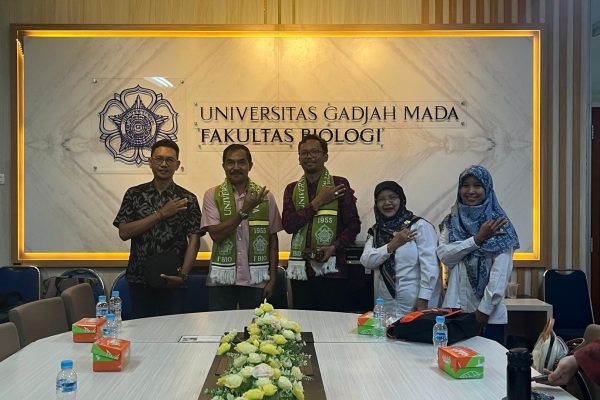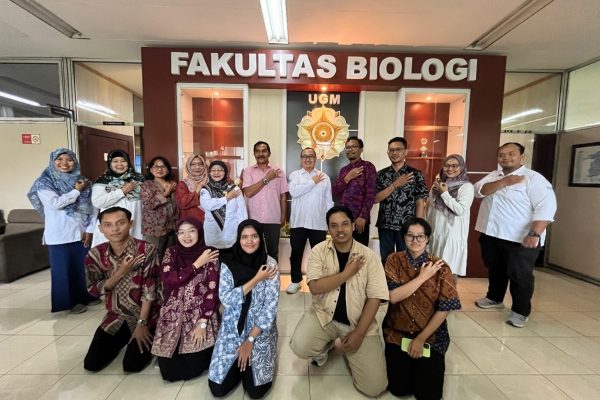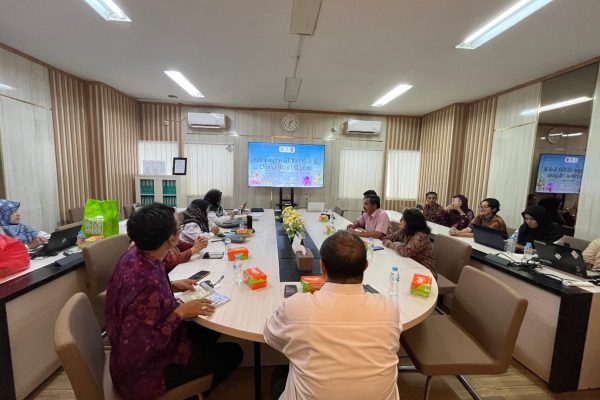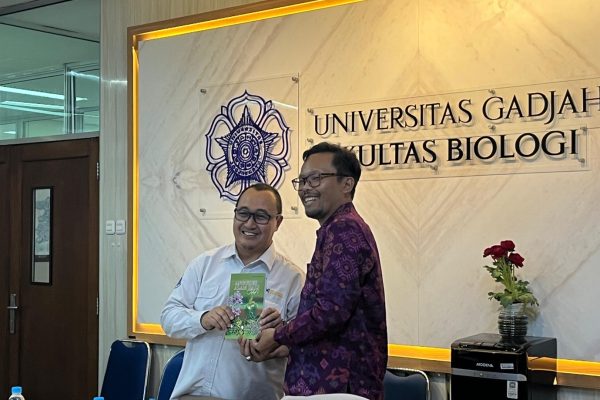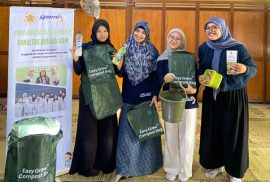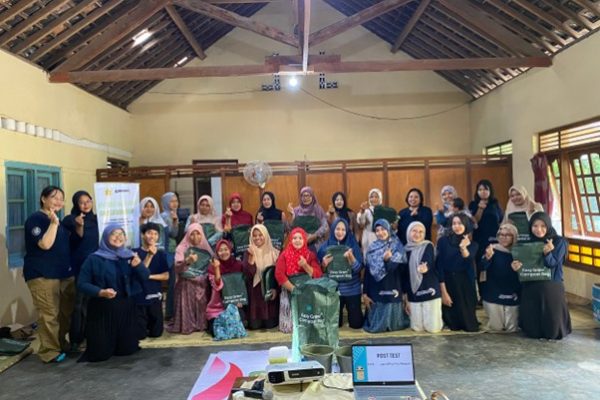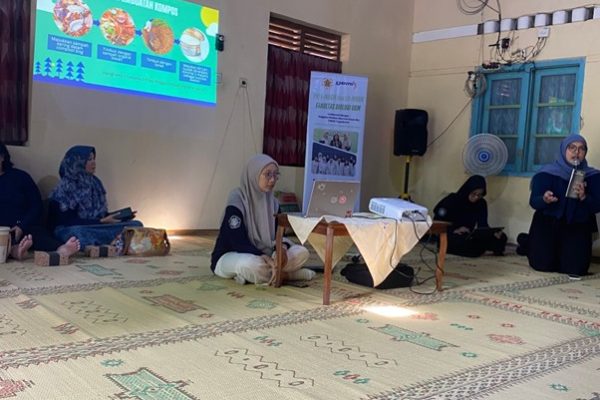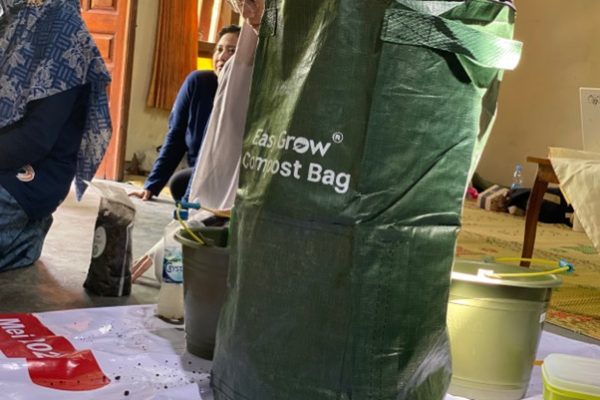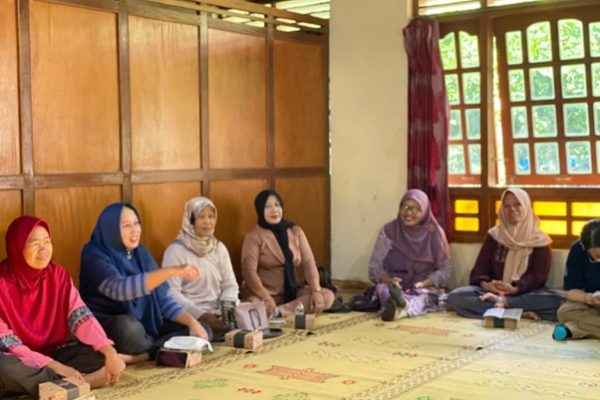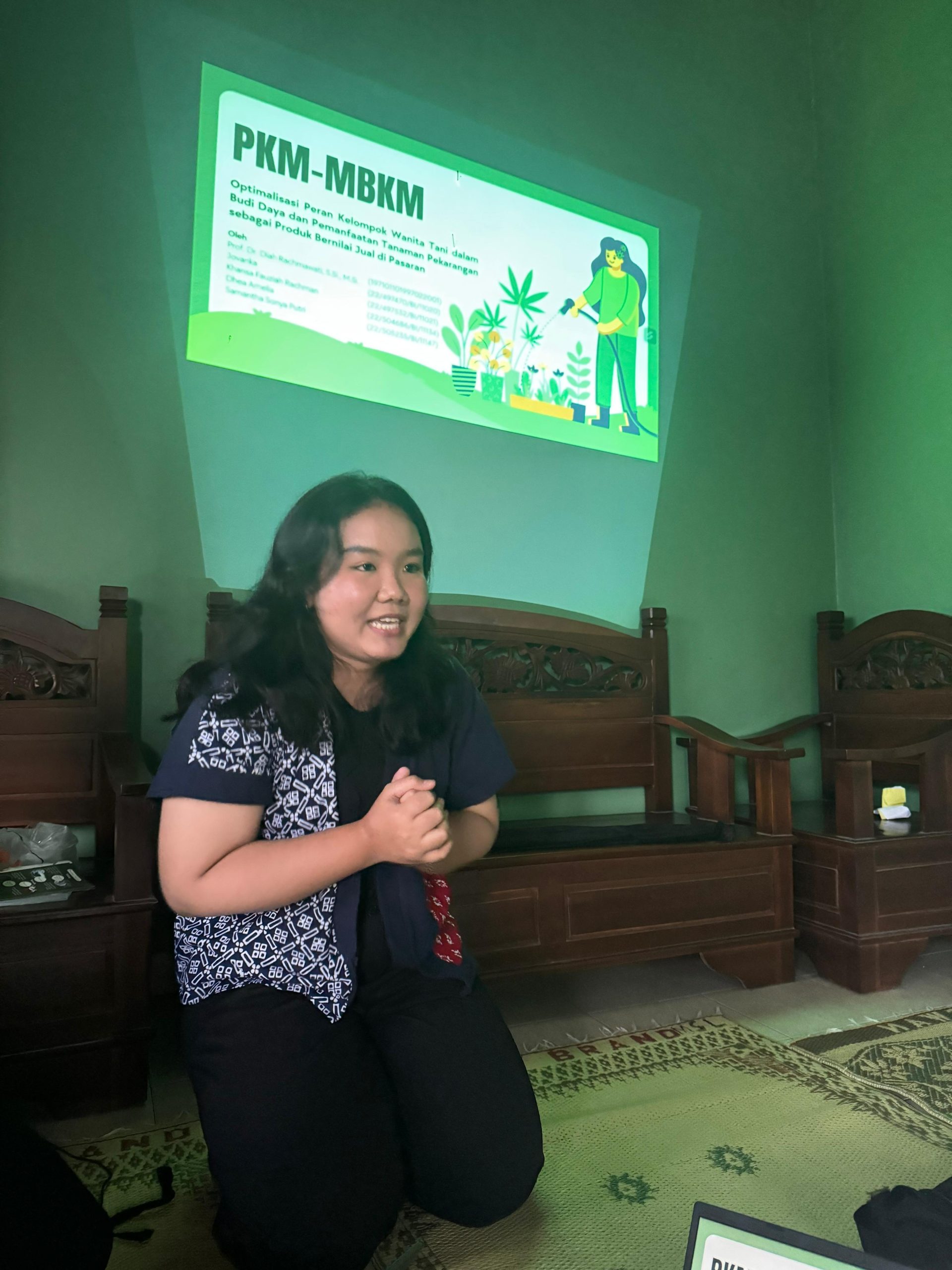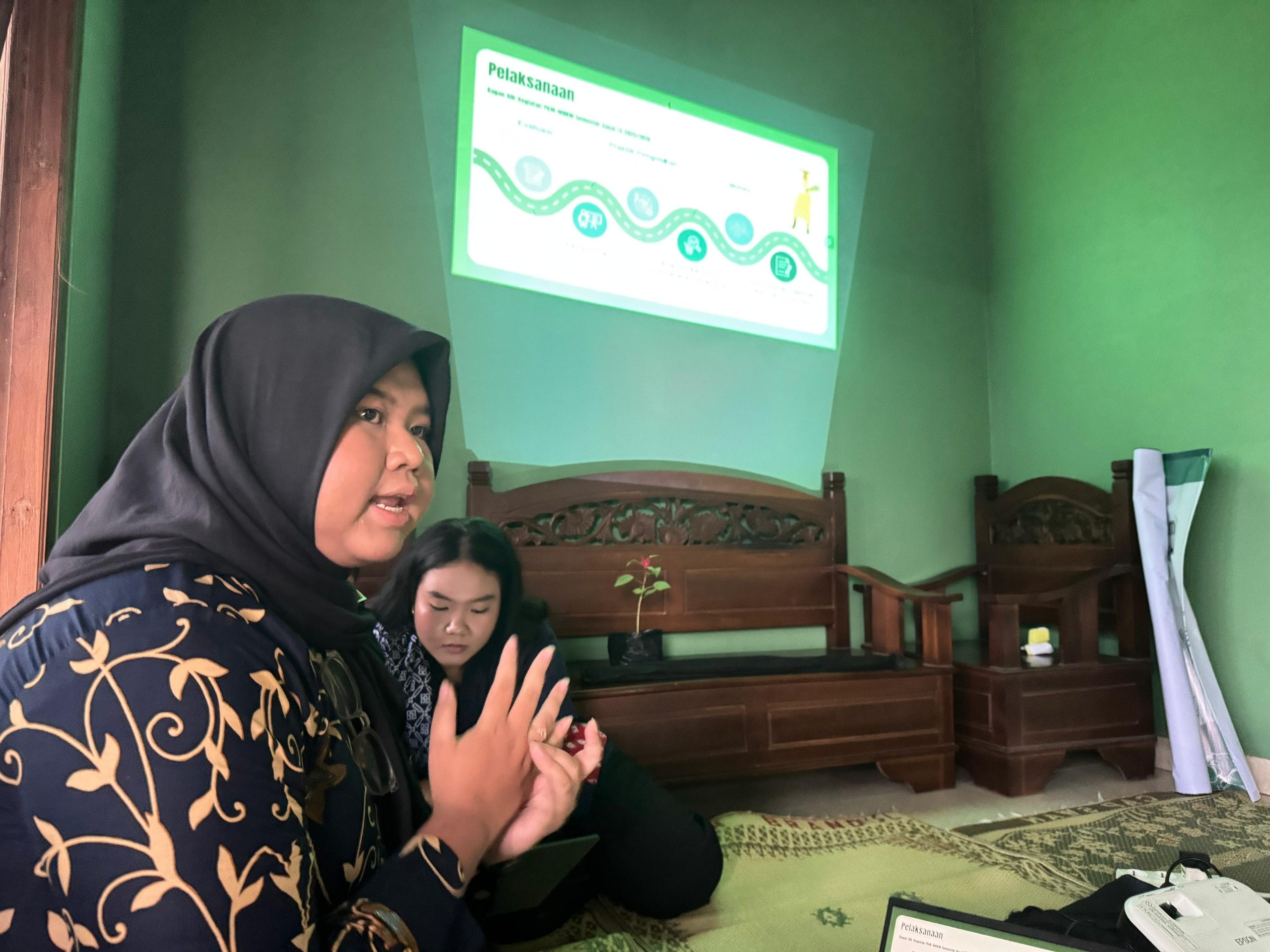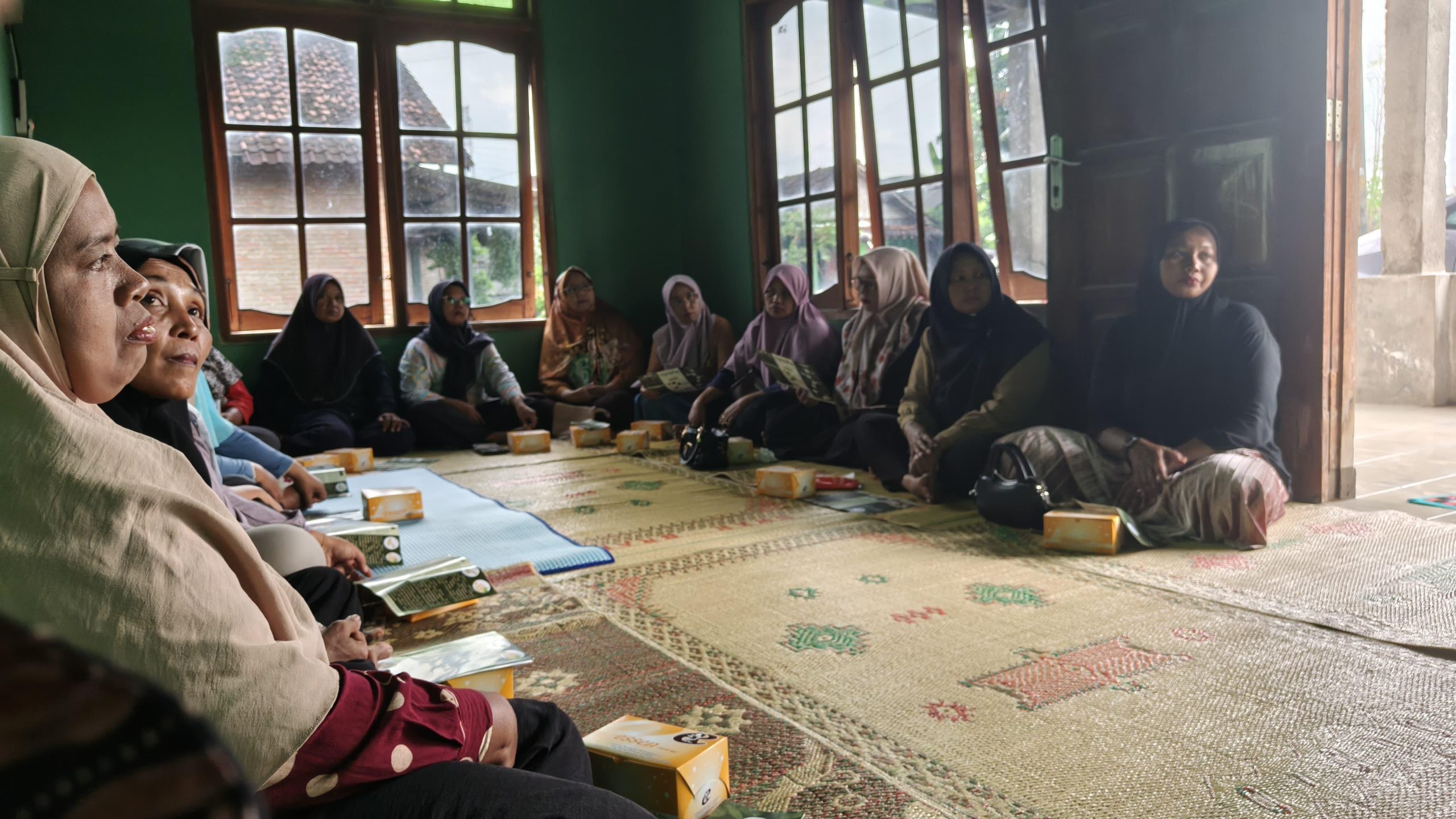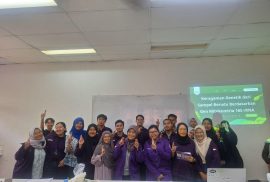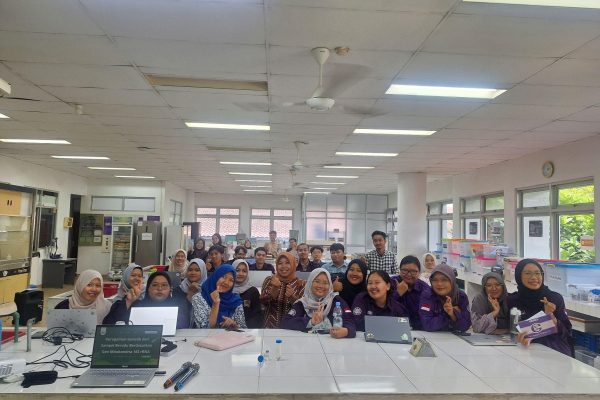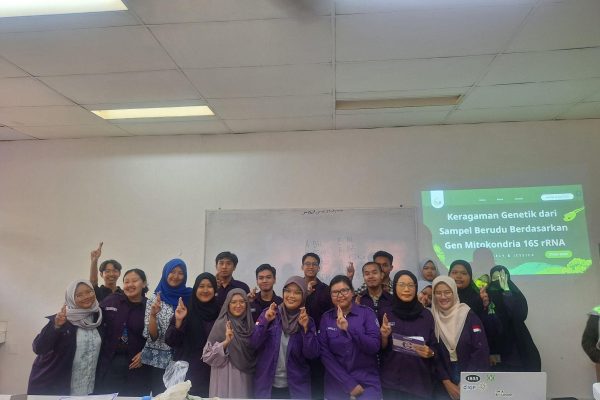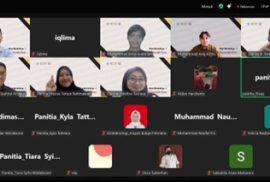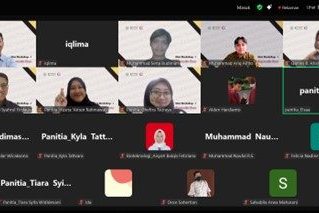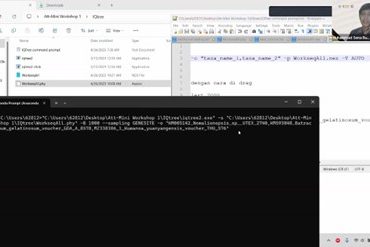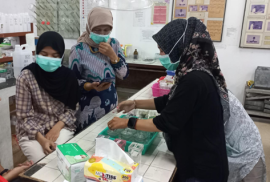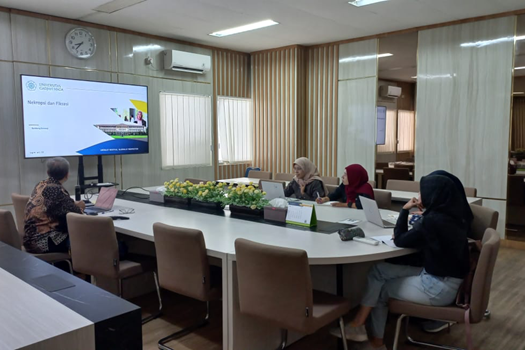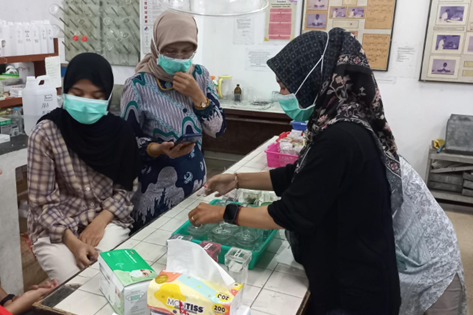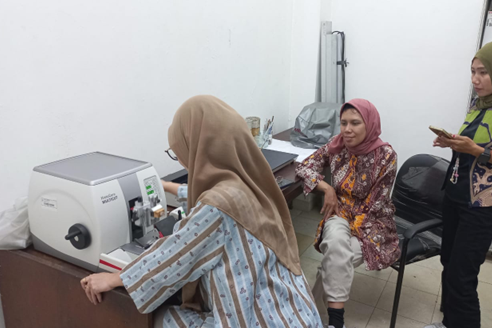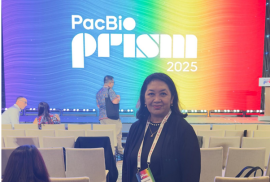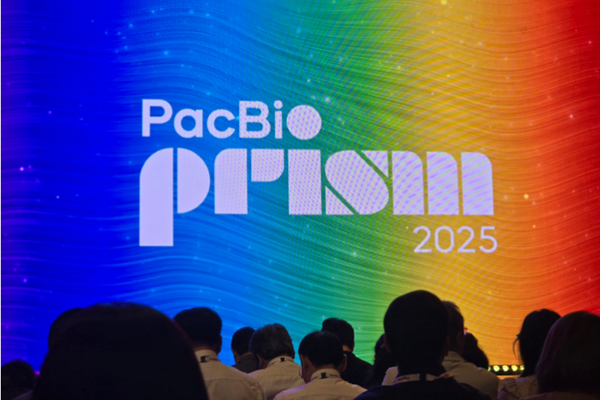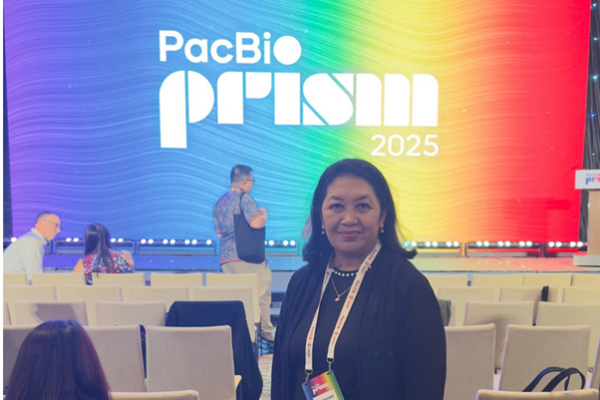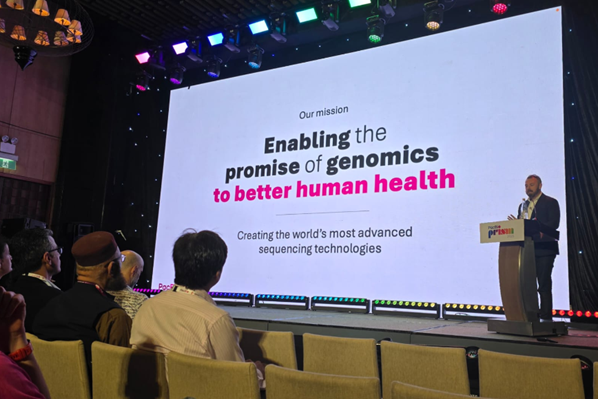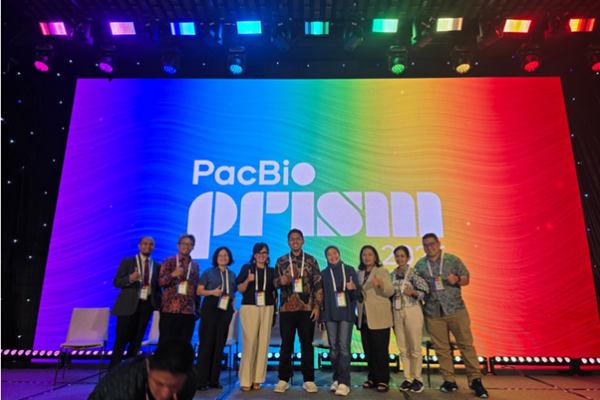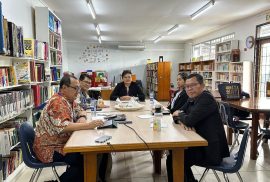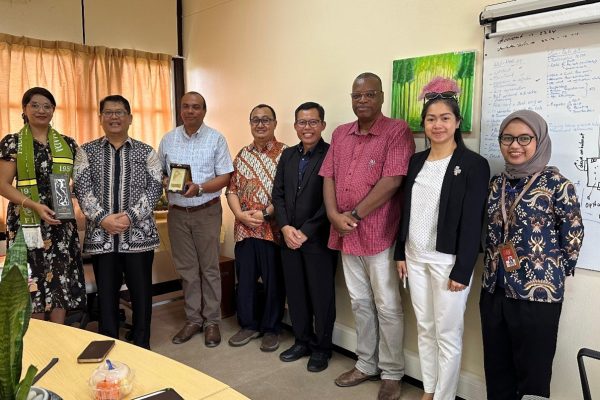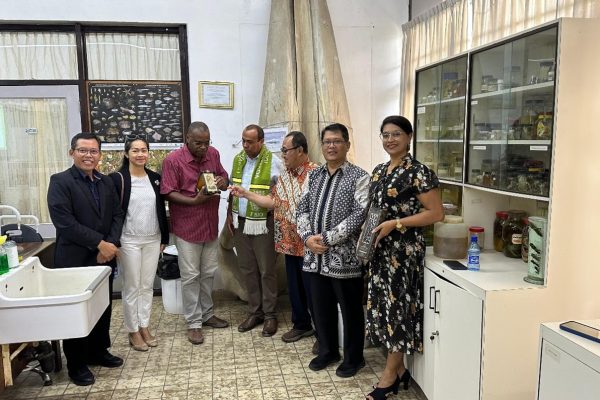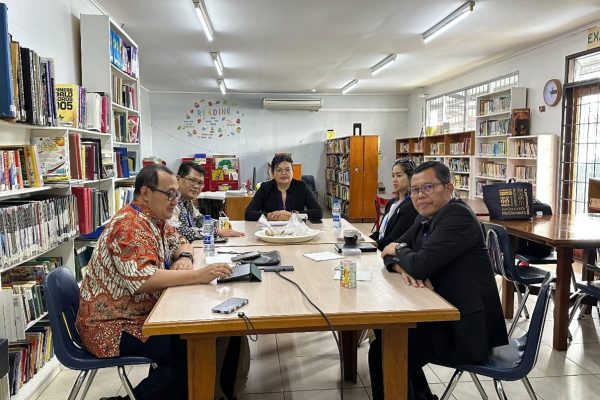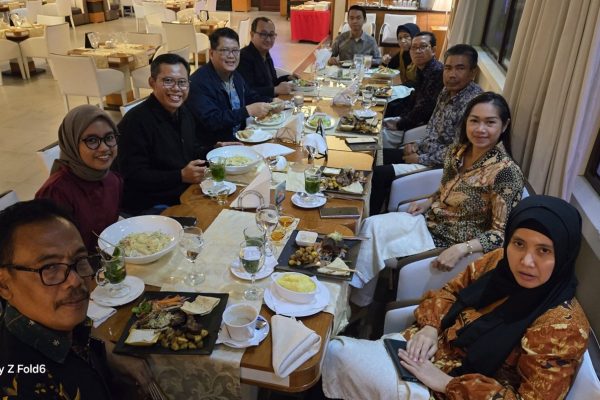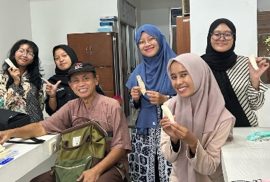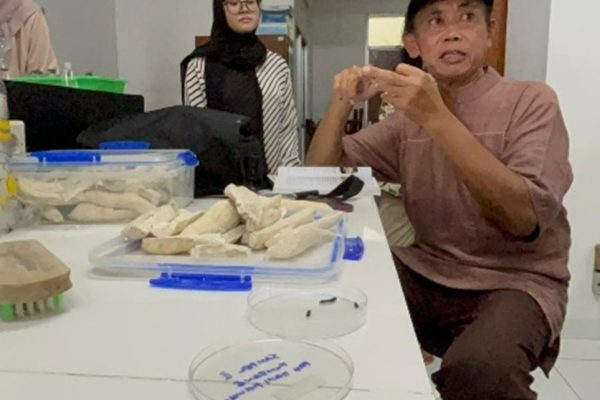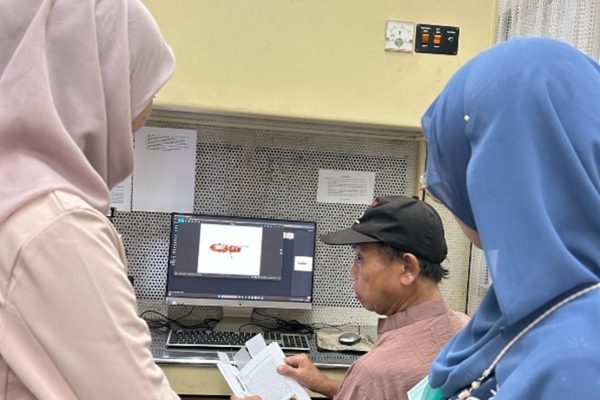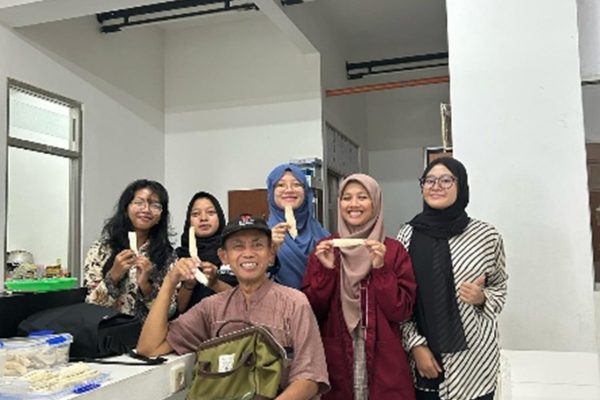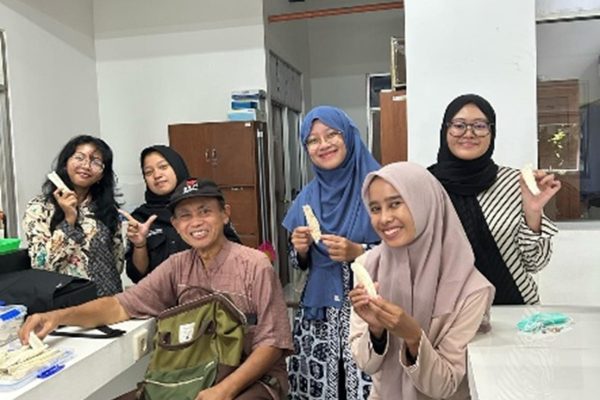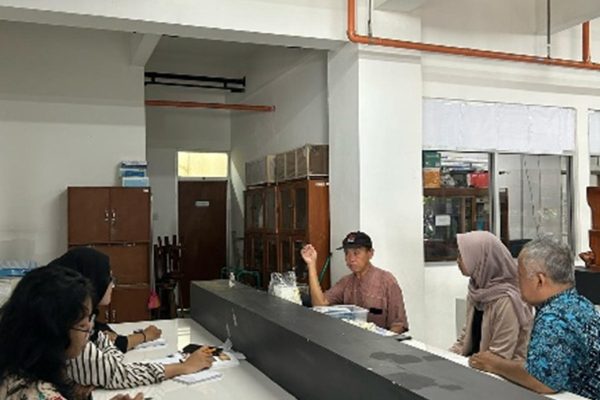SDG 9 : Increase Industry, Innovation, and Infrastructure
During the discussion session, the UGM Biotechnology Laboratory team presented their recent research progress, including:
- Development of miniature orchid varieties using the CRISPR/Cas9 Genome Editing system
- Identification and analysis of model plants to support miniature orchid development
- Characterization of the ERECTA gene structure, which plays a role in orchid morphology regulation
On Friday, 25th of April 2025 at 1-2 PM, Gentalk 5 was held in the Laboratory of Genetics and Breeding, Faculty of Biology UGM. This program is targeted for all Formasigen members and Biology UGM students in general. Mrs. Ganies Riza Aristya, S.Si., M.Sc., Ph.D., as Formasigen’s supervisor lecturer, also attended this program. Gentalk is an active discussion and sharing session between alumni or senior student and Formasigen’s member about the undergraduate thesis they are working on. In this Gentalk edition, the speakers are Jessica Desviana and Naely Muna Camelia, Faculty of Biology UGM students batch 2021 under the supervision of Prof. Dra. Tuty Arisuryanti, M.Sc., Ph.D for their undergraduate thesis.
This program started with an opening from the Master of Ceremony, Kotimah, as a part of the Public Relation Division of HomeoGenesis Cabinet, followed by an opening speech by Mrs. Ganies Riza Aristya, S.Si., M.Sc., Ph.D. as the supervisor lecturer of Formasigen. The next activity is a presentation about “ Genetic Variation of Tadpole Using 16s rRNA Mitochondrial Gene”. In this session, she shares about identification methods and genetic variation analysis of several frogs and toads’ tadpole using 16s rRNA mitochondrial gene. After that, is the Q&A session followed by closing from the master of ceremony. Through Gentalk, we hoped that this could be a good start to create a vessel for an interesting and beneficial discussion. We also hope that this program can give a better understanding about all the research done by all the lecturers and their students in the Laboratory of Genetics and Breeding, Faculty of Biologi UGM. This research also hoped to help actualize the 15th Sustainable Development Goals (SDGs) that is Life On Land.
[Author: Formasigen]
On Sunday, April 26, 2025, from 09.00 to 12.00 WIB, the 1st National Mini Workshop themed “Constructing a Phylogenetic Tree” was successfully held online and open to the public. The event was attended by Ganies Riza Aristya, S.Si., M.Sc., Ph.D., Head of the Genetics and Plant Breeding Laboratory and academic advisor of FORMASIGEN. This workshop served as a platform to share knowledge on genetics and provided practical training on various methods for constructing phylogenetic trees. The session featured speakers Muhammad Fatih, S.Si., Muhammad Ariq Alfito, S.Si., and Muhammad Sena Budiman, S.Si., all of whom are recent graduates of the Faculty of Biology, Universitas Gadjah Mada, Class of 2021, with total 11 participants.
The event began with an opening by the MC, Husna ‘Ainun Rahmawati, followed by welcoming remarks from the Head of the Laboratory and FORMASIGEN Advisor, as well as from the Workshop Coordinator, Muhammad Syahrul Firdaus. The workshop included presentations and demonstrations on the use of software tools for phylogenetic tree construction. Specifically, the trees were built using the Maximum Likelihood and Bayesian Inference methods. Participants also engaged in a hands-on session, where they practiced constructing phylogenetic trees under the direct guidance of the speakers. The event concluded with an interactive Q&A session with the audience. This Mini Workshop was organized in support of the Sustainable Development Goals (SDGs), particularly Goal 4 (Quality Education) and Goal 9 (Industry, Innovation, and Infrastructure). As the first Mini Workshop held this year, it is hoped to mark a positive beginning, fostering meaningful discussions and collaborations among genetics researchers.

